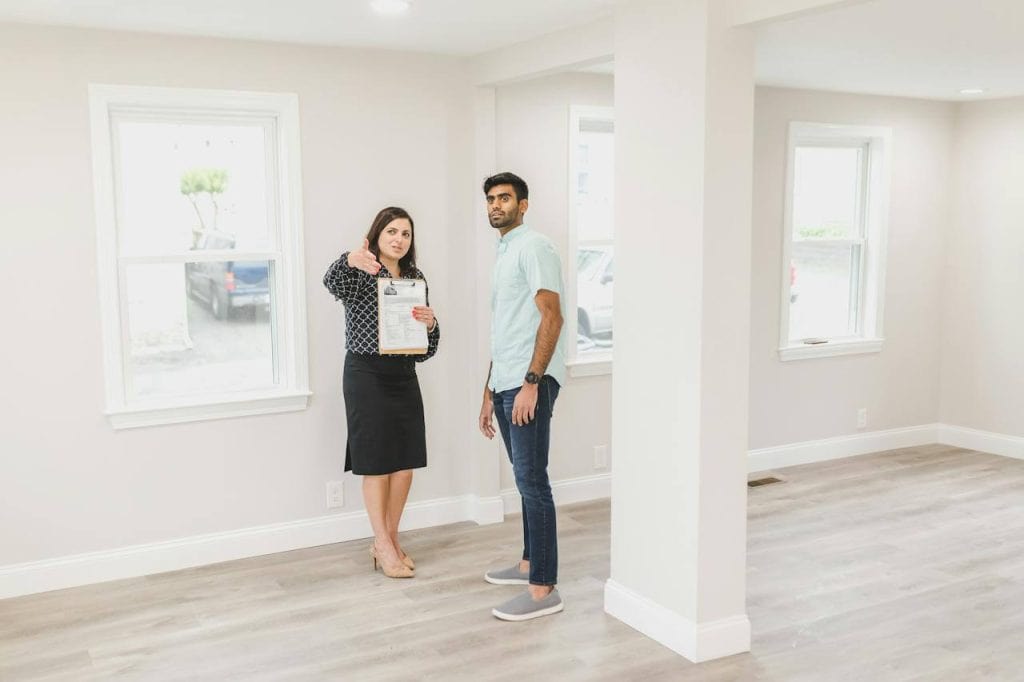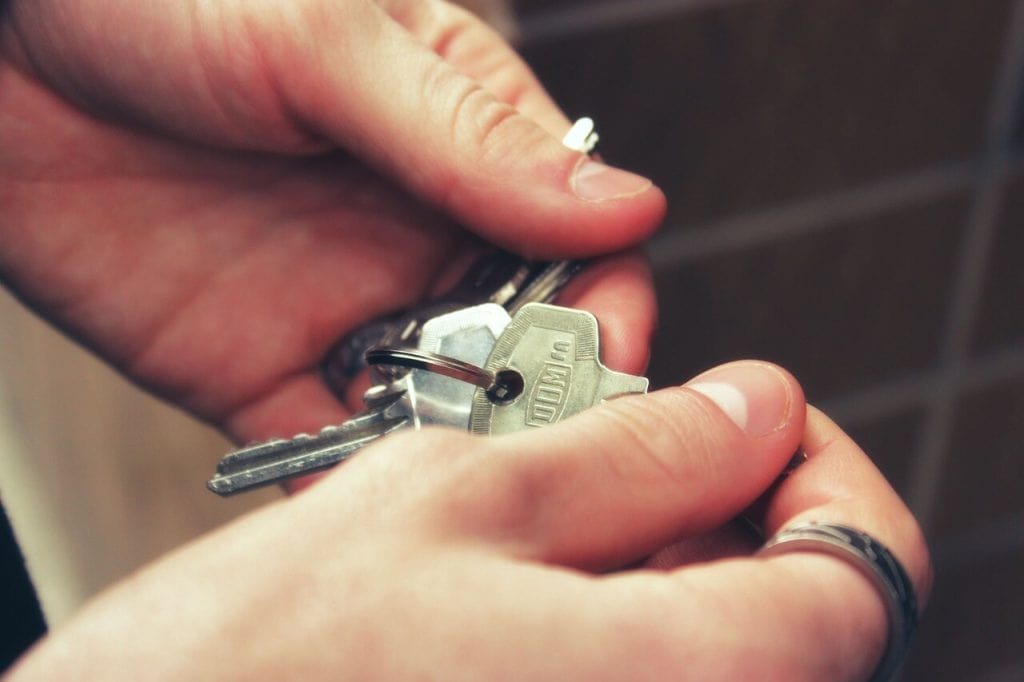The decision between renting and buying a home is a pivotal financial crossroads for many Australians, especially for first-time home buyers. In 2024, this choice remains as significant as ever, shaped by a dynamic real estate market and evolving personal financial circumstances. Understanding the nuances of each option is crucial in making a decision that aligns with your financial goals and lifestyle preferences. This guide delves into the financial aspects of renting vs buying in Australia, offering insights to help you navigate this major life decision.
Financial Aspects of Renting VS Buying
When considering renting vs buying, the financial implications are often the most significant factors. Both options come with their own set of financial responsibilities and benefits.
- Renting: Renting a property typically requires less upfront capital compared to buying. It involves paying a bond and regular rent, but frees you from expenses like property taxes, major repairs, and maintenance. It offers flexibility, especially if you’re uncertain about your long-term plans. However, while renting may seem more affordable in the short term, it doesn’t contribute to building your equity, and rent prices can fluctuate based on the market.
- Buying: Purchasing a home is a long-term financial commitment and usually requires a substantial initial investment, including a deposit, stamp duty, and other legal fees. Owning a home allows you to build equity over time, and with consistent repayments, you can increase your asset base. The Australian property market historically has shown long-term growth, suggesting potential for capital gains. However, it also means taking on the responsibilities of a homeowner, including maintenance costs and exposure to interest rate changes.
Deciding between renting and buying hinges on several factors, including your financial stability, lifestyle preferences, career plans, and the current real estate market conditions. For professional advice tailored to your circumstances, consulting a mortgage broker in Sydney can be incredibly beneficial.
Buying a Home in 2024

Pros
- Building Equity – One of the most significant advantages of buying a home is the ability to build equity. As you pay off your mortgage, you increase your stake in the property, which can be a valuable asset in the future.
- Stability and Security – Owning a home provides a sense of stability and security. It offers the freedom to make modifications and personalise your living space without the constraints of renting.
- Potential for Capital Growth – The Australian property market has historically seen long-term growth. Buying a property can be a sound investment, with the potential for capital appreciation over time.
Cons
- Upfront and Ongoing Costs – Buying a home requires a significant upfront investment, including a deposit, stamp duty, and legal fees. There are also ongoing costs like council rates, maintenance, and potential strata fees.
- Market Risk – While property can be a good investment, it’s not without its risks. Market fluctuations can affect property values, and changes in interest rates can impact mortgage repayments.
- Less Flexibility – Homeownership comes with a long-term financial commitment, making it less flexible than renting, especially if your circumstances change and you need to relocate.
Renting a Home in 2024
Pros
- Flexibility – Renting offers greater flexibility than owning a home. It’s easier to relocate if your job or personal circumstances change, as you’re not tied down by a mortgage.
- Lower Initial Costs – Generally, renting requires less upfront financial commitment than buying. You won’t have to pay a large deposit or other purchasing costs.
- No Maintenance Worries – As a renter, you are not typically responsible for maintenance or repairs. This responsibility falls to the landlord, reducing your potential financial burden.
Cons
- No Equity Building: While renting might be easier on your wallet in the short term, it doesn’t contribute to building equity or an investment for the future.
- Rental Instability: Renters can face uncertainty with lease renewals, potential rent increases, and the risk of needing to move if the property is sold or repurposed.
- Limited Personalisation: Renting often limits how much you can personalise the property, as significant changes usually require the landlord’s permission.
When deciding between renting and buying, it’s crucial to consider both the financial implications and lifestyle preferences. A refinancing mortgage broker can offer insights and advice if you’re considering buying a home and need to understand the financial aspects better.
In the next sections, we’ll explore where to find more affordable homes in Australia and wrap up with some final thoughts and tips for first-time home buyers. Whether you choose to rent or buy, making an informed decision that aligns with your financial and personal circumstances is key to your satisfaction and financial well-being.
Where Are The Cheaper Homes To Buy in Australia?

For first-time home buyers in Australia, finding affordable housing is a key concern. In 2024, while property prices in major cities like Sydney and Melbourne remain high, there are regions where more affordable homes are available:
Regional Areas
Often, regional areas offer more affordable housing compared to major metropolitan cities. Towns in regional New South Wales, Victoria, and Queensland, for example, have homes that are significantly more affordable.
Outer Suburbs
In many cities, the outer suburbs tend to have lower property prices compared to inner-city areas. These suburbs can be an excellent option for those looking for affordability without moving too far from the city centres.
Emerging Markets
Keep an eye out for emerging markets in Australia. Areas with new infrastructure projects, like improved transport links or commercial developments, often become future hotspots for affordable housing.
Before making a decision, it’s essential to consider factors like employment opportunities, lifestyle, and future growth prospects in these areas. For guidance on where to buy your first home and how to manage your first home buyer deposit, consulting with experts in the field can be extremely helpful.
Conclusion
Deciding between renting and buying is a significant financial decision, especially for first-time home buyers in Australia. While renting offers flexibility and lower initial costs, buying a home allows for equity building and long-term financial benefits. The choice ultimately depends on individual financial circumstances, lifestyle preferences, and future goals.
In 2024, while the property market continues to evolve, understanding your options, the current market trends, and where to find affordable homes is crucial. Whether you decide to rent or buy, being informed and seeking advice from professionals like first home buyers experts can make your journey smoother and more successful.
In this guide, we’ve explored the key aspects of renting vs buying in Australia, aiming to provide you with the knowledge and tools to make the right financial choice. Remember, each option has its pros and cons, and the best choice is one that aligns with your personal and financial objectives.
FAQ
Is it better financially to rent or buy a home in Australia?
The answer depends on your financial situation, lifestyle preferences, and long-term goals. Buying can be beneficial for building equity and potential capital growth, but it requires a significant initial investment. Renting offers flexibility and lower upfront costs but doesn’t contribute to equity. Assess your finances and future plans to make the best choice.
What are the hidden costs of buying a home?
Beyond the purchase price, buyers should budget for stamp duty, legal fees, building and pest inspections, loan application fees, and ongoing costs like home insurance, council rates, and maintenance.
How much deposit do I need to buy a house in Australia?
Generally, a 20% deposit is ideal to avoid paying Lender’s Mortgage Insurance. However, some lenders may allow you to buy a home with a smaller deposit.
Can I buy a house in Australia if I’m renting?
Yes, it’s possible to buy a house while renting. Saving for a deposit can be challenging, but options like guarantor loans or government schemes like the First Home Loan Deposit Scheme may help.
Is now a good time to buy a house in Australia?
The best time to buy a house depends on market conditions, interest rates, and your personal circumstances. For detailed insights into the current market and whether it’s a good time to buy a house, it’s advisable to consult financial and real estate experts.
How can I prepare financially for buying a home?
Start by saving for a deposit, reducing debts, improving your credit score, and creating a budget that accounts for the ongoing costs of homeownership. Seeking advice from a financial planner or mortgage broker can also be beneficial.
What should I consider before deciding to rent or buy?
Consider your financial readiness, job stability, lifestyle needs, and the real estate market. Weigh the pros and cons of each option in the context of your personal and financial situation.